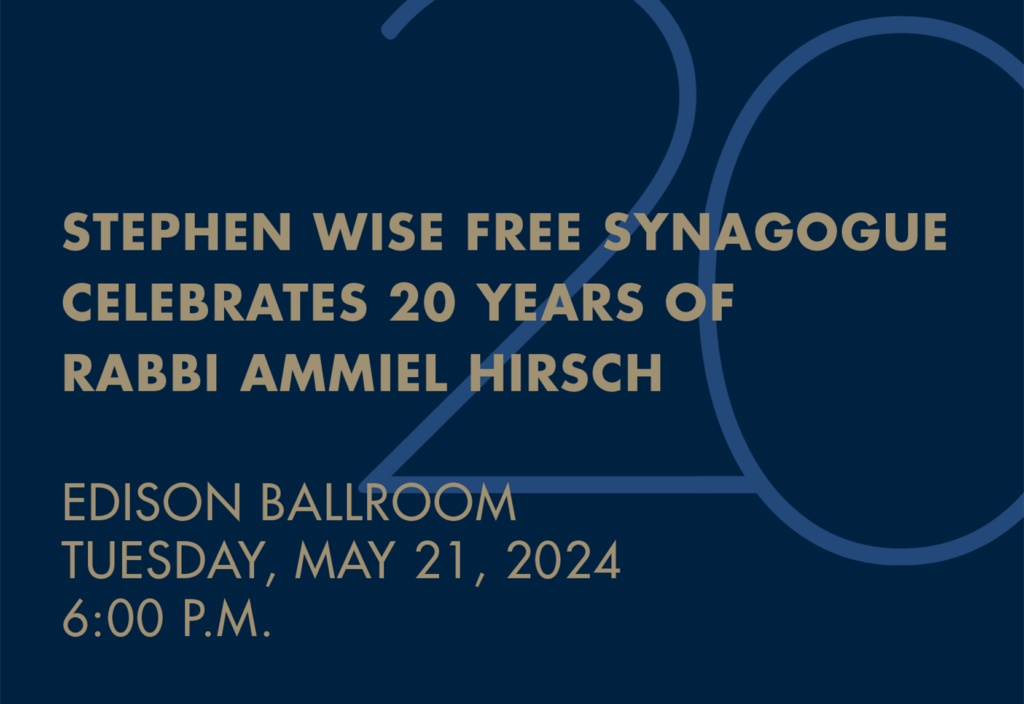“The Second Temple’s destruction also marked the end of over 600 years of positive diaspora-Israel relations,” says Rabbi Tracy Kaplowitz on the Shabbat before Tisha b’Av. “It is important that we take this moment to reflect on our engagement with Israel because with rising antisemitism, the Jewish whisper has returned.”
“Gam zeh ya’avor’ — ‘This too shall pass’ has a far deeper meaning than the short sentence implies,” says Rabbi Dalia Samansky. This week Moses reminds the Israelites of the 42 steps of their journey. “Moses wants to be sure that we remember that the journey to freedom, like our lives, are filled with the highest of highs and the lowest of lows.”
“I am a proud Reform Jew,” declares Rabbi Dalia Samansky. “One aspect I particularly love about Reform Judaism is its ability to make Judaism relevant for today’s time.” We see this flexibility in this week’s Torah portion: “Not only does God grant their immediate request, but God even changes the rules going forward.”
During this time of division and anger, “how can find our way back to one another?” asks Rabbi Samantha Natov. “We’ll have to ask difficult questions — and open ourselves to other points of view,” she says. “Our shared life experiences far outweigh our differences, even though they can seem impossible to bridge.”
At the end of his life, Moses didn’t get to enter the Promised Land, the Torah tells us in this week’s parasha. “Most of us will never fully complete, never fully accomplish, never fully achieve all we set out for ourselves,” says Rabbi Samantha Natov. But, she reminds us, our legacies don’t end with us: “Our hopes and dreams are carried forward.”
“In this time when we especially need a vacation,” says Rabbi Sam Natov, “even just to strengthen ourselves to go back and do the critical work of helping to repair this broken world, Jewish practices will carry us forward. They will strengthen and uplift us, so that we can strengthen and uplift others.”


